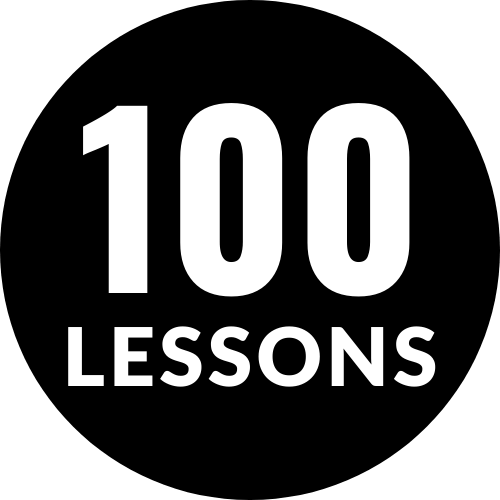Millennials remember a world before the internet—and built the one after it.
Question: Millennials, what is something that other generations forget that we actually experienced?
There is a generation that grew up with rotary phones and TikTok in the same lifetime. A generation that learned to write in cursive and later in HTML. A generation that remembers blowing on Nintendo cartridges and now teaches their toddlers how to AirDrop.
Millennials aren’t just the “avocado toast” generation. We are, in many ways, the last analog childhood and the first digital adulthood. We are the bridge—living proof of what it was like to be unreachable and then never disconnected.
We remember asking, “Is your mom home?” when calling a friend. We remember printed MapQuest directions and the agony of a wrong turn. We remember not being able to use the phone and the internet at the same time. We remember dial-up tones that sounded like a robot choking. And yes, we remember carefully crafting away messages on AIM—coded with cryptic lyrics so your crush might get the hint.
We remember paying per text, burning CDs for road trips, renting DVDs for weekend plans, and waiting months for an anime episode to be dubbed and released. You had to want it—really want it. Being a nerd wasn’t a social badge. It was a risk. Cosplaying wasn’t a trend; it was an invitation to get bullied.
We had one computer in the house, and you had to “take turns.” We taught ourselves software because there was no YouTube tutorial. If a game didn’t run, you had to figure it out yourself—maybe even go into the BIOS. We were our own IT support before we could drive.
We are also the generation who entered the job market during a recession, who graduated into uncertainty, who were told college was the key but discovered the door had been moved. We carry student loans like second mortgages, all while navigating a housing market designed for our parents’ world.
But beyond the memes and nostalgia, what people often forget is this:
We remember what it felt like to live without noise. To be bored. To not know. And we remember what it felt like to discover—to find the right song, the right answer, the right moment, not through algorithms, but by chance or effort.
And in that in-between space—between floppy disks and cloud storage, between watching cartoons on Saturday mornings and now streaming them to your child’s tablet—we became resourceful. Resilient. Empathetic.
Because we didn’t just watch the world change—we grew up learning to survive its transitions.

Leave a Reply